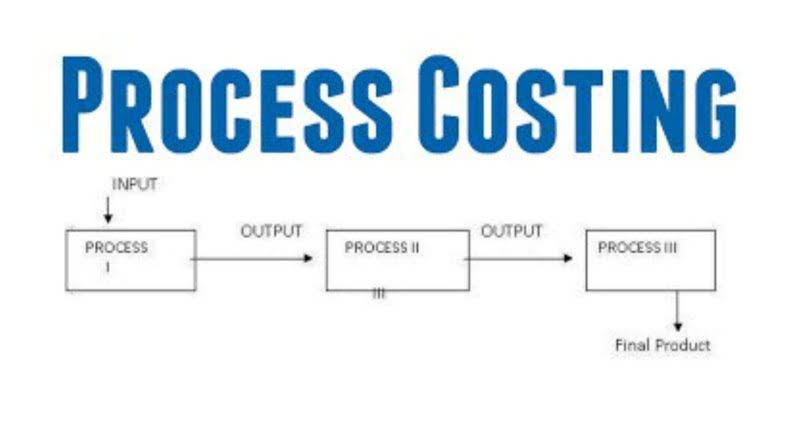
Internal tampering could cause a business to be over and short in its accounting. Over-and-Short refers to discrepancies that arise during the reconciliation of accounts, primarily when the recorded amounts differ from the actual amounts. These discrepancies can manifest as overages (more than recorded) or shortages (less than recorded). The term is frequently encountered in accounting, cash management, and inventory control scenarios. The accounting for these transactions is also straightforward, as discussed above. It requires determining the difference between the value of monetary transactions recorded in the system with actual cash.
Double Entry Bookkeeping

It may seem like a small item to track, but think of it from the point of view of a retail or restaurant chain where millions of dollars pass through the cash registers every day. Every time a register is short, the company’s expenses increase and profits decrease. Understanding the causes of overages and shortages is crucial to minimize these discrepancies in cash handling.

Is there a correlation between when errors occur and when certain employees are staffed?
- Having one individual responsible for one till (and counting it down at the end of the shift) ensures you can track Cash Over Short back to the individual responsible.
- For another example, on January 31, we need to reconcile the petty cash expenses and replenish the petty cash to its full established petty cash fund.
- Retail stores can also implement cash management software that tracks cash transactions and identifies discrepancies.
- Begin by reviewing individual transactions for the period, examining receipts and transaction logs for any errors.
This could mean that either more money was received (over) or less money was received (short) than the sales records indicate. One way to maintain a healthy cash flow is to track all cash inflows and outflows. Having https://www.bookstime.com/ a record of all the transactions can help identify any discrepancies and prevent any potential theft. Additionally, it is important to separate the duties of handling cash between employees.
Strategies for Managing Over and Short
You could also lead by example by regularly checking the inventory and addressing any discrepancies. You could foster open communication by encouraging your team members to report any issues and providing them with a platform to do so. Finally, you could recognize and reward good performance by acknowledging team members who consistently maintain accurate inventory levels. By creating a culture of accountability, you can help to tame till variances and improve your business’s bottom line.
Cash discrepancy is one of the most common issues that businesses encounter when handling cash transactions. It happens when the recorded cash amount doesn’t match the actual cash on hand. This discrepancy can occur in many ways, such as errors in recording transactions, theft, fraud, or miscounting. Whatever the reason is, it’s important for businesses to understand the impact of cash discrepancies and how to prevent them. In this section, we will explore the basics of cash discrepancies, its causes, and how to mitigate it.
In what account is the cash overage recorded?
By implementing proper cash handling procedures, businesses can mitigate the risk of cash discrepancies and safeguard their financial health. To safeguard against cash handling errors and misappropriation, businesses implement internal controls that serve as a framework for financial integrity. A key component of this framework is the segregation of duties, which ensures that no single individual has control over all aspects of a financial transaction.

Employees should be aware of the cash handling policy and trained on how to count cash, identify counterfeit bills, and spot any suspicious activity. Regular training can help ensure that employees are following proper bookkeeping cash handling procedures and can prevent any potential cash discrepancies. One of the most common causes of cash overages is incorrect cash handling procedures. For instance, if a cashier is not counting the cash correctly when making change, it can lead to an overage.
- It happens when the recorded cash amount doesn’t match the actual cash on hand.
- Consistent application of these procedures helps maintain financial control and prevent potential losses.
- Asset accountAccounts receivable is an asset account on the balance sheet that represents money due to a company in the short term.
- He has worked as an accountant and consultant for more than 25 years and has built financial models for all types of industries.
- Training and educating your employees on till management is crucial in reducing till variances.
Utilizing Technology to Minimize Over and Short
Harold Averkamp has worked what is cash over and short as a university accounting instructor, accountant, and consultant for more than 25 years. The use of physical cash has decreased due to banking and various online alternatives. Understanding the causes of cash discrepancies is crucial for businesses that handle cash transactions. By taking steps to prevent these discrepancies, businesses can reduce losses and improve their bottom line.


